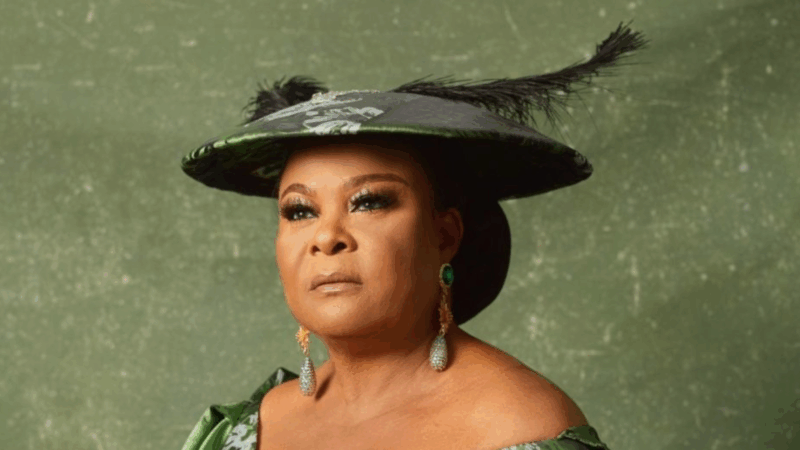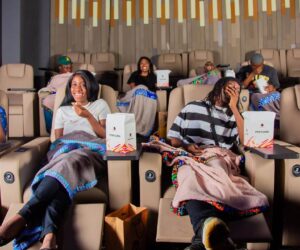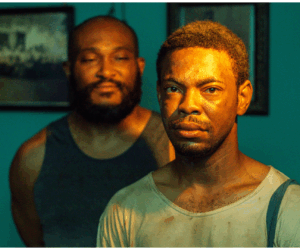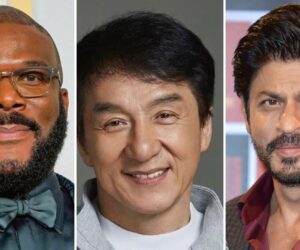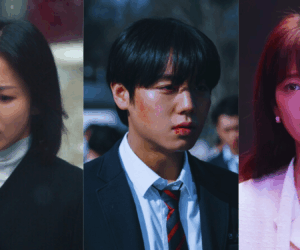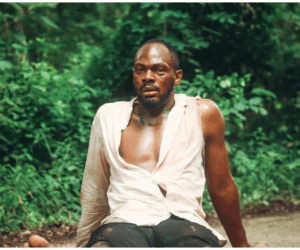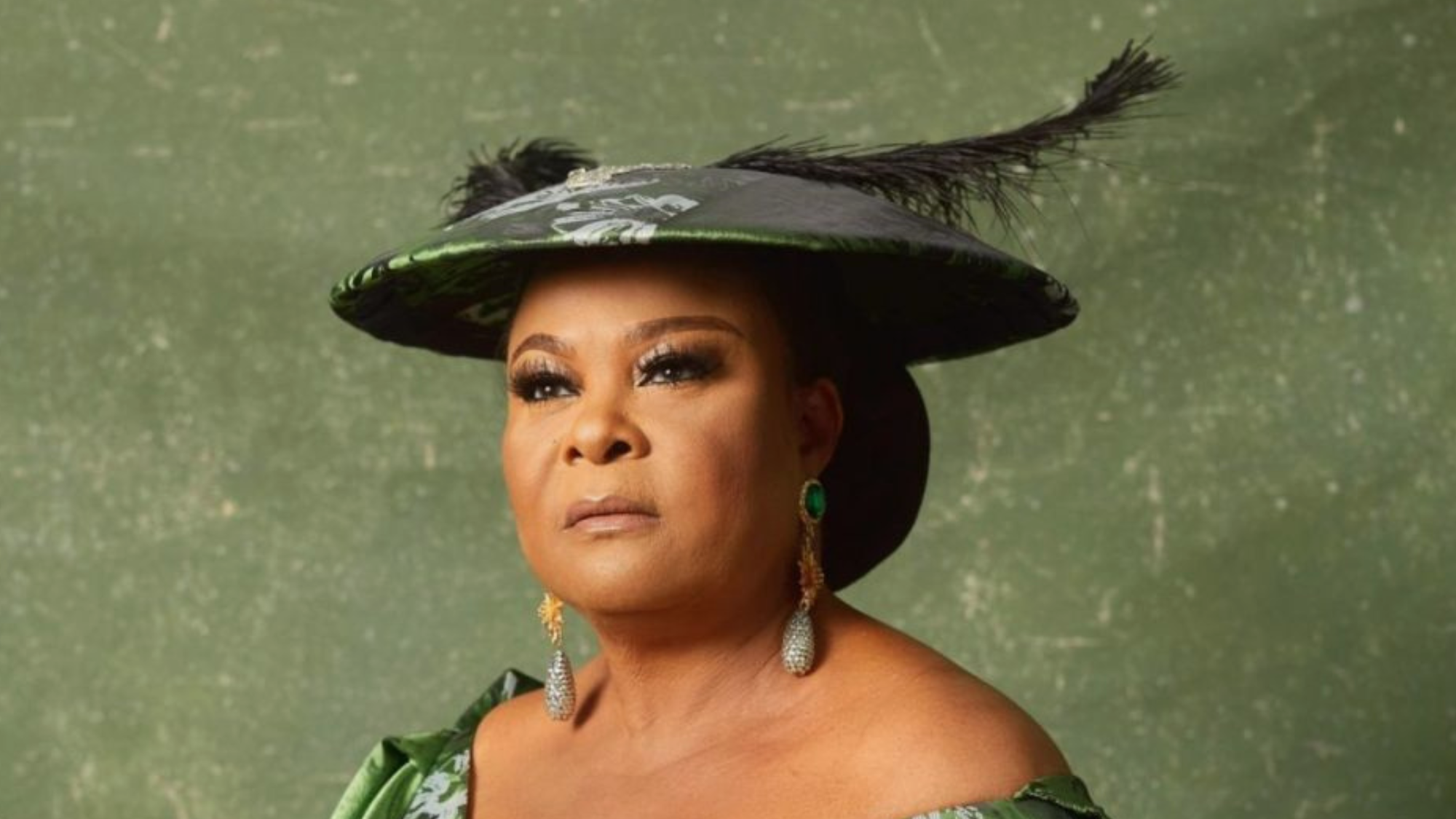
Before an actor’s first line of dialogue, before the soundtrack builds, before the plot finds its rhythm, your brain has already cast them in the only version of themselves you’ve ever been allowed to know.
This isn’t by chance. This is typecasting, entertainment’s most reliable, infuriating, iconic storytelling device.
It limits actors, sure, but it also immortalises them. It creates familiarity, cultural shorthand, and shared language across generations.
And whether in Nollywood or Hollywood, some actors have been unofficially appointed the kings and queens of very specific roles.
So let’s explore the globally typecast actors who have shaped the stories we love, the stereotypes we mock, and the roles we secretly still want them to play.
READ ALSO: Allison Precious Emmanuel: ‘The Boy Who Gave’ a Debut Worth Talking About
Nollywood’s Protective Mothers & Aunties
Sola Sobowale
If Nollywood had a national emblem for “strong mother with unstoppable energy,” it would be Sola Sobowale. Long before King of Boys crowned her the nation’s cinematic monarch,
Sola had built a portfolio of fiery, emotional, larger-than-life women who scream, pray, fight, threaten, hug, slap, and protect with equal intensity.
In The Wedding Party, she plays Tinuade Coker, dramatic, controlling, fashion-forward, the type of mother-in-law whose love is as overwhelming as her volume.
In King of Boys, she becomes Eniola Salami, a character so layered, ruthless yet maternal, violent yet vulnerable that the franchise became her career-defining masterpiece.
ALSO READ: Patience Ozokwor comments on recent comparison with Sola Sobowale
Patience Ozokwor
Patience Ozokwor is not just typecast. She is institutionally typecast. She is the definitive wicked mother-in-law, wicked stepmother, wicked auntie, wicked neighbour, wicked with impeccable craft.
Her roles in Mother-in-Law, Authority, and Old School cemented her as the face of domestic oppression in early Nollywood. You saw her on a VHS cover, and you already knew somebody’s daughter-in-law was going to suffer.
Patience’s villainy is so good because she acts it with emotional truth. The tears, the bitterness, the envy, all come from a place of deep understanding of the character’s psyche.
Today, filmmakers occasionally try to cast her against type, but, honestly… we still crave her previous roles.
READ ALSO: Patience Ozokwor comments on recent comparison with Sola Sobowale
The Leading Man
1. Pete Edochie
Chief Pete Edochie walks onto a set and instantly carries authority. No dialogue needed. His presence is a monologue. For decades, he has been Nollywood’s father figure, king, chief, elder, or spiritual leader.
In Things Fall Apart, his legendary portrayal of Okonkwo sealed his place in African cinema history. Films like Igodo, Lionheart, and countless epic titles expanded his repertoire as Nollywood’s most respected patriarch.
He doesn’t raise his voice; he raises the atmosphere. He doesn’t shout, he convicts. He doesn’t beg, he decrees.
This spiritual gravitas makes him one of Nollywood’s most successful typecast icon
2. Nkem Owoh
Long before memes, Nkem Owoh invented chaotic comedic timing. His roles in films like Osuofia in London, Ukwa, and A Fool at 40 turned him into the face of unseriousness, cunning poverty, and humorous street wisdom.
His typecasting thrives on two things: impeccable improvisation and a face that communicates 5 emotions per second.
ALSO READ: Our movie stories better than Bollywood, Hollywood – Osuofia
Nollywood’s Lover Boys
1. Timini Egbuson
Timini isn’t typecast; he’s a genre at this point. From Elevator Baby to Dinner at My Place to Breaded Life to Introducing the Kujus, to Reel Love, he plays the stylish, emotionally conflicted, upwardly mobile romantic lead we love.
His charm lies in familiarity: he’s the Lagos guy who has flaws, learns lessons, loves deeply, and photographs well.
RELEVANT: Efa Iwara vs Timini Egbuson: Is there room for more than one star?
2. Daniel Etim Effiong
Daniel plays romance like a philosopher. Whether in Plan B, The Men’s Club, or Summer Rain, he brings vulnerability and sincerity to romantic roles.
He’s the lover boy with depth, the one who communicates, apologises, reflects, and prays before kissing scenes.
His typecasting works because he makes romance believable.
ALSO READ: Daniel Etim-Effiong Prays Before Kissing on Set and His Reasons Make Perfect Sense

